Research Project for Social Awareness and Energy Issues
How did people’s acceptance of nuclear power generation change following the nuclear accident at Tokyo Electric Power’s Fukushima Daiichi Nuclear Power Plant? And what kind of role is expected of nuclear power generation within the context of the energy problem as a whole? The Social Survey Project uses a multi-faceted approach when investigating the attitudinal trends displayed by the public towards nuclear power generation. The aim of this research is to answer the above-mentioned questions while determining the optimal method for disseminating information.


Ongoing surveys of public opinion concerning nuclear power generation (since 1993)
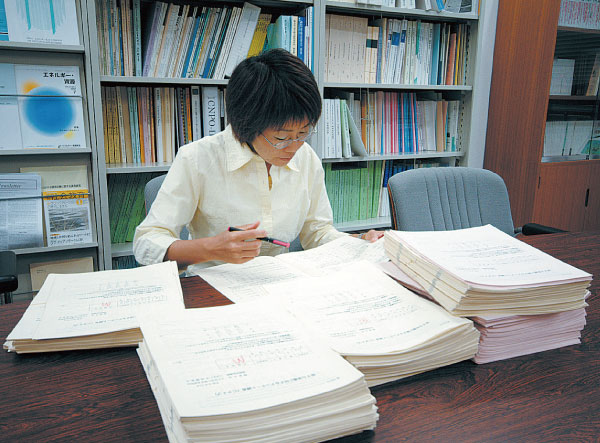
People’s opinion about the use of nuclear power generation had been increasingly affirmative until the accident at the Fukushima Daiichi Nuclear Power Plant in 2011. The most typical opinion at that time was that the use of nuclear power is “unavoidable.” However, affirmative opinions have decreased dramatically in the wake of the accident. As revealed by a survey, people’s first priority in selecting their preferred power source has shifted to minimization of the “risk of disaster” and people’s anxiety about nuclear power has increased. However, more than 10 years after the accident, strong negative opinions have diminished slightly and anxiety has eased a little. A series of continuous surveys has revealed not only people’s affirmative or negative opinions but also how the change in people’s recognition of nuclear power generation has contributed to their opinions change.

Public opinion on use of nuclear energy

Surveys on the characteristics of attitude change in the intermediate group.
When communicating about energy issues, it is necessary to understand the mindset of the information recipients and to make an effort to listen to their interests and opinions. The attitude of the intermediate group are vague and have a variety of differences. In this survey, we are conducting a survey to understand the characteristics of the intermediate group, and create an organization tool to consider strategies for communication activities.


Rapid economic growth in newly developing countries has triggered a surge in the demand for energy, leading thus to depletion of energy resources. Mass consumption of fossil fuels has led to global warming, and stable domestic energy supply in Japan has begun to pose a challenge after the Great East Japan Earthquake. Thus, the conditions associated with energy are worsening, as various spatial and time-dependent factors in Japan interact in a very complicated way. Under these conditions, we, Japanese people, are expected to consider more seriously the energy issue.
The Energy Research Project focuses on nuclear power as one of the most important energy sources in modern society, adopting a balanced energy-economy-ecology approach to conduct research on the desirable use of energy and its relationship with lifestyle and the environment.
In order for Japanese people to regard energy issues in terms of personal matter, it is particularly important that the education system educate children so that they can take responsibility for the 21st century. Furthermore, the Project is focused on the promotion of energy and environmental education in schools. We are developing learning models and teaching aids for energy education to be used in “comprehensive learning program” and “subject specific learning.” These materials are published and are widely accepted in Japanese society.

 Experimental kit shows how to generate electricity
Experimental kit shows how to generate electricity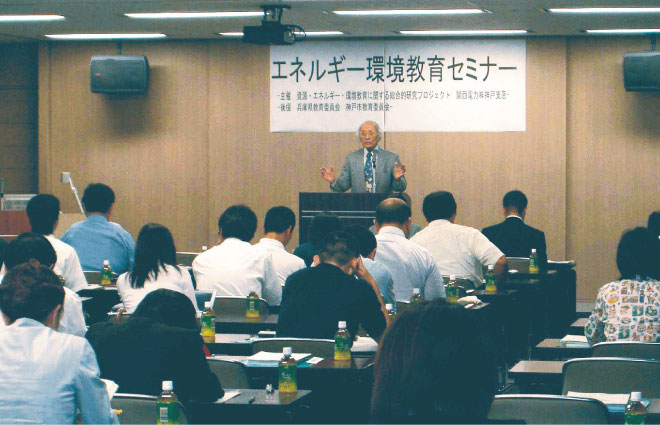 Seminar presentation
Seminar presentation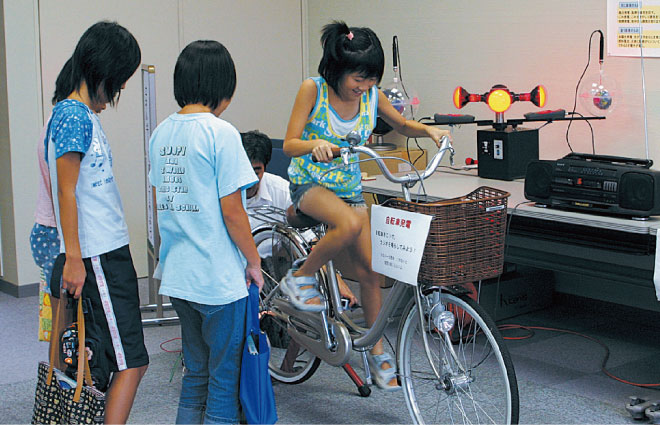 Pedaling a bike to generate electricity
Pedaling a bike to generate electricity Classes on the role of nuclear power generation
Classes on the role of nuclear power generation
Key Achievements – Books & Brochures
-
 The Search for Peace of Mind Human Science of Safety – Issues for the 21st Century,
The Search for Peace of Mind Human Science of Safety – Issues for the 21st Century,
President Inc., 2001 -
 The Data Shows Public Attitudes on Nuclear Power: 10 Years of Ongoing Surveys,
The Data Shows Public Attitudes on Nuclear Power: 10 Years of Ongoing Surveys,
President Inc., 2004 -
 The Dynamics of Public Opinion on Nuclear Power : Interrelation between Risk, Value and Efficency,Osaka University Press,2019
The Dynamics of Public Opinion on Nuclear Power : Interrelation between Risk, Value and Efficency,Osaka University Press,2019
-
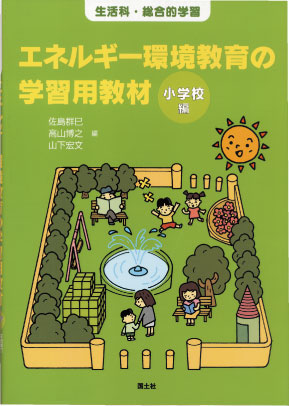 Education on Energy and the Environment: Teaching Materials for Elementary School,
Education on Energy and the Environment: Teaching Materials for Elementary School,
Kokudosha Co., Ltd., 2004
(Japanese only) -
 Education on Energy and the Environment: Teaching Materials for Junior and Senior High Schools,
Education on Energy and the Environment: Teaching Materials for Junior and Senior High Schools,
Kokudosha Co., Ltd., 2004
(Japanese only) -
 Education on Energy and the Environment: Theory and Practical Application,
Education on Energy and the Environment: Theory and Practical Application,
Kokudosha Co., Ltd., 2005
(Japanese only) -
 Yamashiro Junior High School Eco-Challenge,
Yamashiro Junior High School Eco-Challenge,
Kokudosha Co., Ltd., 2007
(Japanese only) -
 Implementing Energy & Environmental Education,
Implementing Energy & Environmental Education,
Kokudosha Co., Ltd., 2009
(Japanese only) -
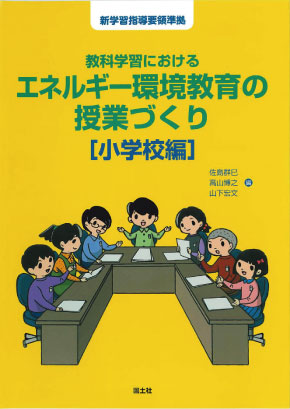 Developing Lesson Programs on Energy and the Environment: Elementary School Edition,
Developing Lesson Programs on Energy and the Environment: Elementary School Edition,
Kokudosha Co., Ltd., 2009
(Japanese only) -
 Developing Lesson Programs on Energy and the Environment: Junior High School Edition,
Developing Lesson Programs on Energy and the Environment: Junior High School Edition,
Kokudosha Co., Ltd., 2010
(Japanese only) -
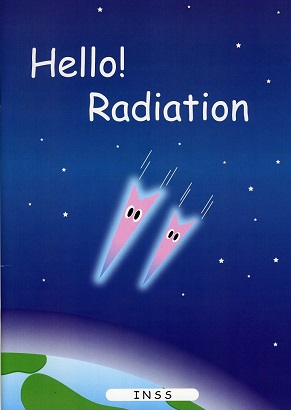 Hello! Radiation
Hello! Radiation
INSS, 2018

